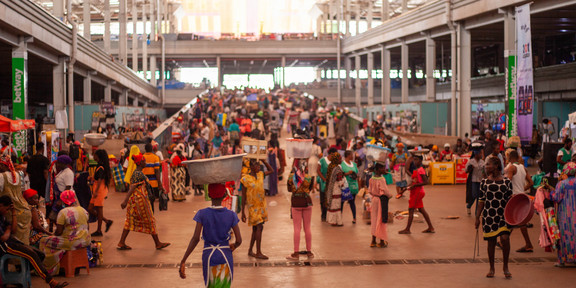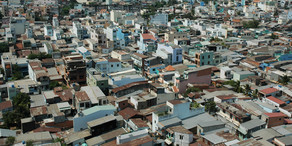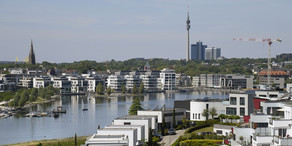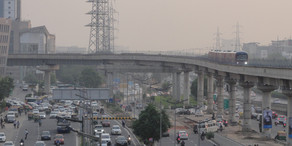Our research group welcomes visiting scholar Philipa Birago Akuoko from Ghana
- Fachgebiet

Her research contributes to debates on spatial development as a political process by foregrounding the gendered dimensions of informality and urban redevelopment in the Global South. She has been awarded an SNSF Postdoc.Mobility Fellowship from the Swiss National Science Foundation to pursue postdoctoral research at the Technical University of Dortmund. Her current project, Urban Labour Migration, Informality and the Challenge of Planning in African Cities, uses case studies from Ghana and Senegal to compare Anglophone and Francophone urban planning traditions. It examines how migration-induced informality interacts with urban labour and women’s work, and how these dynamics shape spatial planning in Africa and, more broadly, in the Global South.
The intersections of migration, informality, gender, and labour, and the ways in which these are shaped by spatial planning remain underexplored. Addressing this gap, her work contributes to critical urban studies, spatial planning, feminist labour studies, and migration studies. In particular, she tackles what she sees as the most central problem of planning in the Global South: its inability to adequately address informality, a limitation that has resulted in decades of stagnation and unsuccessful development efforts. Through her research and teaching, she aims to bring a sub-Saharan African perspective to international planning studies and to reframe informality not as a challenge to be resolved but as a constitutive component of Global South cities that should be recognised and integrated into planning theory and practice.







![[Translate to English:] [Translate to English:]](/storages/ips-raumplanung/_processed_/5/3/csm_Nairobi_2021_Green_Skyline_Moritz_Kasper_private_19748667af.jpg)